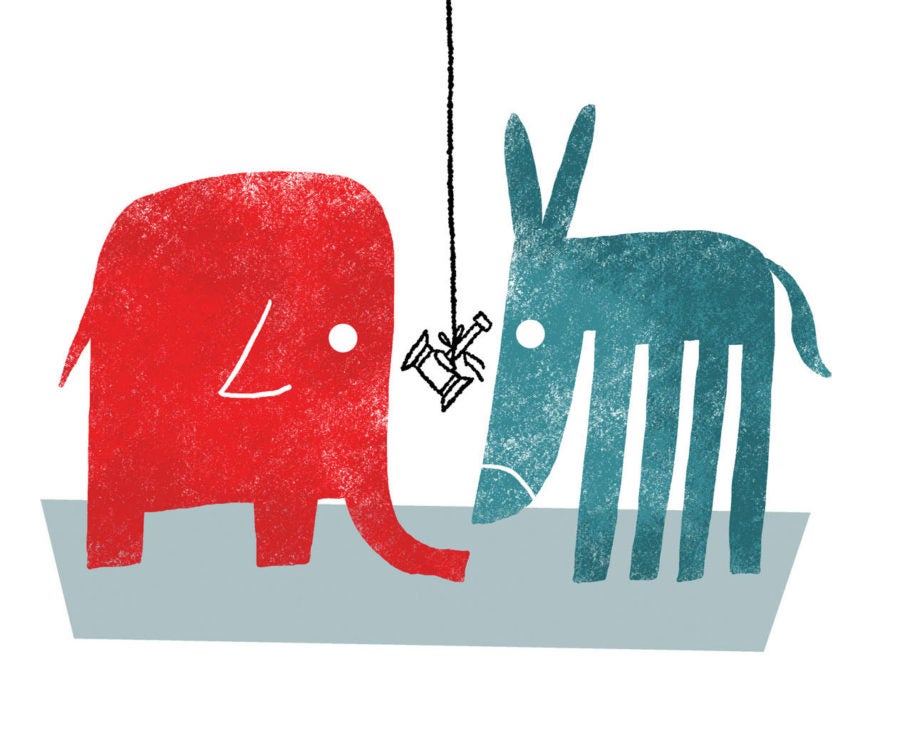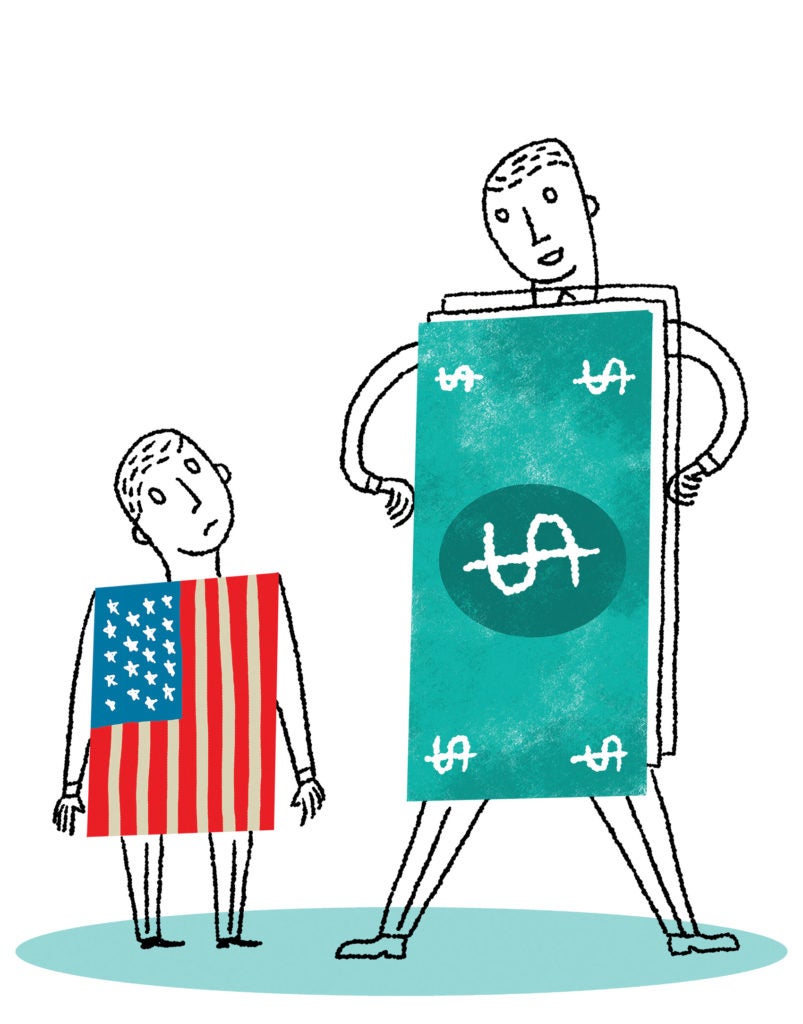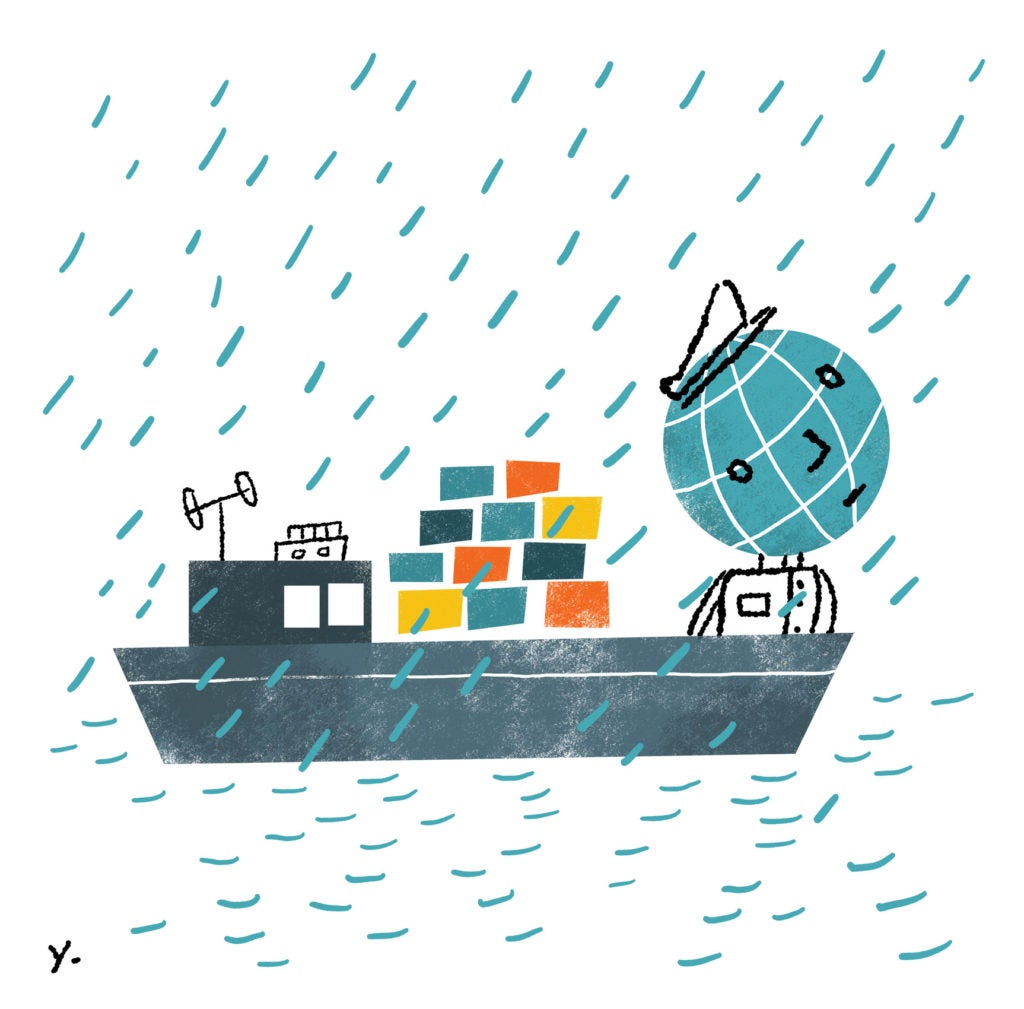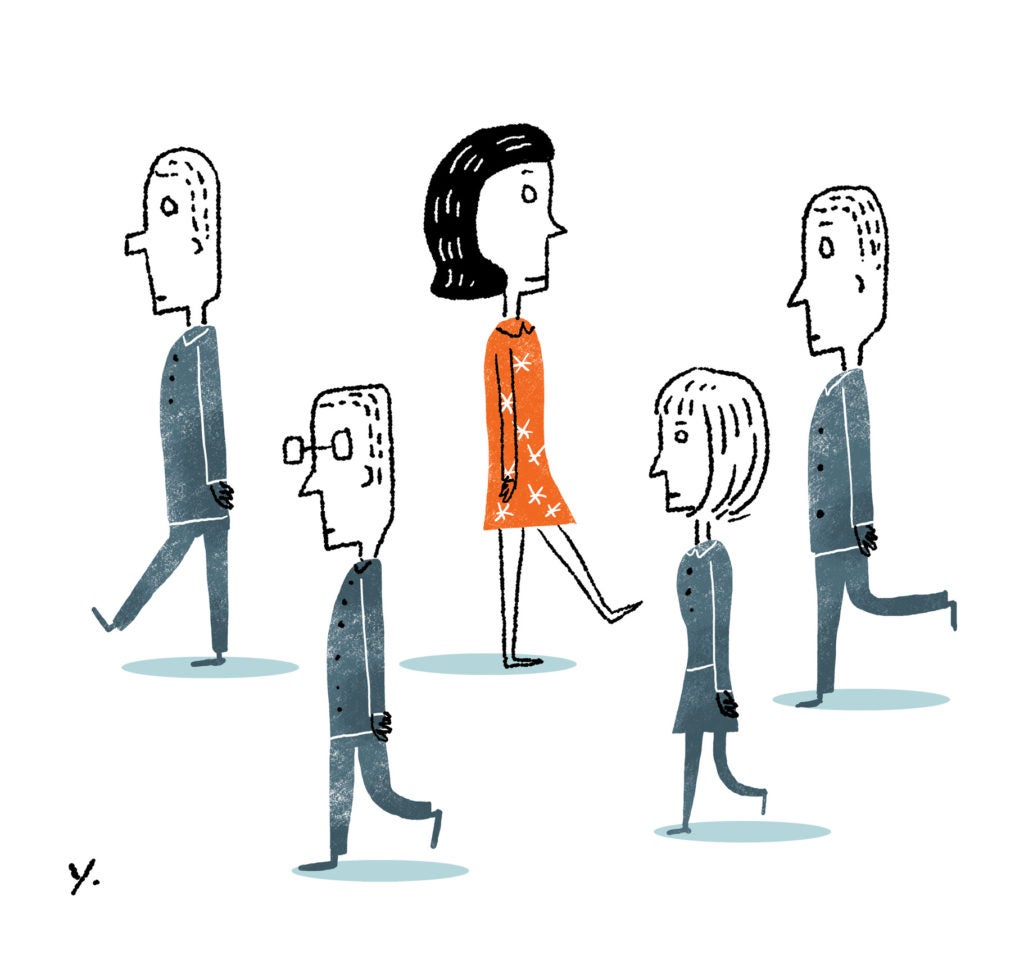
“For decades, the Court has always managed to maintain the public’s respect, in large part because the public has perceived it as less partisan than other institutions. If we, as an institution, don’t find the way to find that middle, we stand a chance of going the way that our other branches of government have gone, and losing the respect that is at the core of our institution.”
—Sonia Sotomayor, U.S. Supreme Court justice, speaking to students at Harvard Law School before she judged the final round of the Ames Moot Court Competition, Nov. 13.
“Finance has been symbiotic with technology forever. And we dematerialized money a long time ago, before many of you were probably born. I think that there are plenty of scams to go around. And if you go into this space, just know, it’s a swampy area. … We don’t have any of the crypto exchanges regulated yet. I’ve contended to Congress, we’ve got to at least bring the crypto exchanges inside the regulatory perimeter. Get [them] into the SEC or CFTC. But it’s not there yet.”
—Gary Gensler, former CFTC chairman,“The Future of Blockchain Regulation” keynote address, the 2019 HLS Blockchain, Fintech & the Law Conference, April 16.
“It was my first experience of seeing what it meant to stand with someone as they are enduring injustice. That’s the role of the social justice lawyer: to create community and stop that oncoming train.”
—Blake Strode ’15, civil rights lawyer, speaking at the 40th anniversary celebration of the HLS Legal Services Center, April 5. Strode, who was recalling his experience as a student lawyer at the LSC, was presented with the Bellow-Charn Championship of Justice Emerging Leader Award at the celebration.

“It used to be as a society and a country that getting elected president or winning the Nobel Prize was one of the greatest achievements that you could do. But now it’s going to Silicon Valley and starting a startup and … being a billionaire before you turn 30.”
—John Carreyrou, the reporter who broke the story about the problems of the blood-testing company Theranos, speaking at an HLS panel, Oct. 1, where he framed the rise and fall of the Silicon Valley firm as a cautionary tale.

“It cannot be denied that there are serious strains currently in the post-World War II order, or that a surfeit of crises is near at hand. … [But] I am fully convinced that the multilateral trading system will endure, that it will be improved and will in fact thrive.”
—Alan Wolff, World Trade Organization deputy director-general, “Testing the Resilience of the Multilateral Trading System,” March 12.
“We live in a country that has made it difficult to be middle class, excruciating to be poor, and downright impossible to be ‘poor and’—poor and black, poor and female, poor and gay, poor and sick.”
—Joe Kennedy III ’09, U.S. representative, “Building a Moral Capitalism,” Feb. 4.
“You know we make a lot of decisions around content enforcement and what stays up and what comes down. Having gone through this process over the last few years of working on this system, one of the themes that I feel really strongly about is that we shouldn’t be making so many of these decisions ourselves.”
—Mark Zuckerberg, Facebook co-founder, on the company’s proposal for an external review board that could weigh in on content questions and appeals and provide binding decisions. Zuckerberg participated in a conversation with Professor Jonathan Zittrain ’95 in front of Harvard students as part of Harvard’s Techtopia initiative, Feb. 11.
“When my nomination was announced in January 2017, my then-14-year-old daughter had a very important question for me. She said, ‘Dad, will you get your picture in the newspaper?’ And I told her no! I told her, deputy attorney general is a low-profile job. Nobody knows the deputy attorney general!”
—Rod Rosenstein ’89, then-U.S. deputy attorney general, from his keynote, “Defending the Rule of Law: The Only Winning Move is Not to Play,” HLS Spring Reunions, April 6.

“Harvard Law degree gives you the privilege to take risks that others cannot, to recover from mistakes that others cannot. Resist the impulse to play it safe. Think consciously about what you are doing and why you are doing it. If you just go with the flow and let others define what happens to you, then one day, you will wake up and realize that the life you are living is not your own. This does not require you to abandon the prestigious institutions that many of you are heading to. I built a wonderful career by climbing the ranks at my old law firm, Paul, Weiss. But becoming a great lawyer requires that you be courageous, press boundaries wherever they exist, and insist that things can always change for the better, especially now.”
—Roberta Kaplan, founding partner at Kaplan Hecker & Fink, HLS Class Day Speech, May 29.